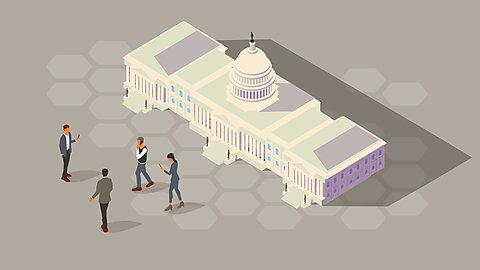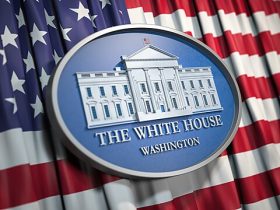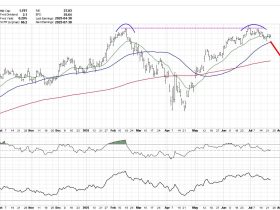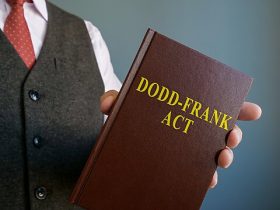Clark Packard
In a lengthy speech at last week’s Reindustrialize Summit in Detroit, MI, US Trade Representative Jamieson Greer expounded on the supposed benefits of industrial policy and protectionism. Featuring the usual laments about how the US doesn’t build anything anymore (never mind that the United States is the world’s second-largest manufacturing country) and the contributions of foreign subsidies and other industrial policies to US industrial woes, Greer’s speech also included sharp criticisms of “economic elites” who enriched themselves at the expense of domestic manufacturing.
His latter comments are too rich to let pass without comment.
As I document in a forthcoming paper, much of US trade policy for the last 60 years can be explained through the power and influence of the domestic steel industry. Over that period, Washington—to the cheers of industry lobbyists—has doled out innumerable favors to US steel producers in the form of protectionism, subsidies, bailouts, and other government goodies.
President Trump’s first term was particularly fruitful for K Street and steelmakers alike. As detailed by a 2019 Wall Street Journal article, the administration’s surge in steel protectionism—most notably in the form of Section 232 tariffs on steel and aluminum in the name of national security—was accompanied by a massive surge in steel industry lobbying expenditures.
The steelmakers’ success can also be attributed to a clear pattern that has emerged in which former industry lawyers and lobbyists are installed in influential government posts. Once there, these officials—surprise, surprise—consistently implement protectionist policies aimed at boosting steel prices. The inflated prices enrich domestic steel producers but punish the thousands of American firms that consume steel, ultimately harming far more workers and companies than they help.
Whatever gains that accrue to the steel industry are swamped by larger losses across the economy’s vast expanse.
One example of a steel industry advocate finding himself in a position of power is none other than Ambassador Greer. Between 2012 and 2016, Greer worked as an attorney in the trade department of Skadden, Arps, Slate, Meagher & Flom (a major global law firm), where he was paid handsomely to represent domestic steel firms in antidumping and countervailing duties cases. In 2017, Ambassador Greer became Chief of Staff at USTR. After leaving the government in 2020, Greer became a partner at King & Spalding, another mega law firm, where his clients included domestic steel companies seeking ever greater levels of protectionism.
Greer isn’t alone. After serving as Deputy US Trade Representative during the Reagan administration, a tenure that included the negotiation of voluntary export restraints on steel products with Japan, Robert Lighthizer joined Skadden as a lobbyist and lawyer for more than three decades. In his practice with the firm, Lighthizer represented domestic steel firms in dozens of antidumping and countervailing duties cases aimed at curtailing imported steel.
No one will be shocked to learn that Lighthizer, who served as US Trade Representative during President Trump’s first term, was a strong advocate for the Section 232 tariffs imposed in 2018.
Another Skadden veteran is Jeff Gerrish, who also worked as an international trade lawyer and lobbyist at the firm. Like Greer and Lighthizer, Gerrish’s clients included several major domestic steel firms. Gerrish served as Deputy USTR between 2018 and 2020 and as the acting president and chairman of the Export-Import Bank of the United States in 2018–2019. Steel firm Nucor disclosed that it paid to lobby on behalf of Gerrish’s nomination.
According to his professional bio, Gerrish “was responsible for issues relating to steel trade policy, and he led USTR’s efforts on the actions taken on imports of steel and aluminum under Section 232.” In 2020, Gerrish resigned from his government position and returned to Skadden before moving to Schagrin Associates, another Washington, DC, law and lobbying firm. Gerrish’s firm biography touts his government experience in setting steel policy.
Between 1992 and 2015, meanwhile, Stephen Vaughn served as a lawyer and lobbyist with Skadden, where his clients included a number of domestic steel companies. In 2017, Vaughn became general counsel at USTR under his former Skadden partner Robert Lighthizer, a period of time that saw numerous trade policies enacted designed to directly benefit the domestic steel industry. Vaughn left USTR and now works at King & Spalding, where he continues to represent domestic steel firms in antidumping and countervailing duties cases.
Ambassador Greer is certainly correct that a group of well-connected economic elites has rigged the game, enriched themselves, and done so at the expense of American industry. But it’s quite clear who is doing the rigging here, and it surely isn’t the free traders.










